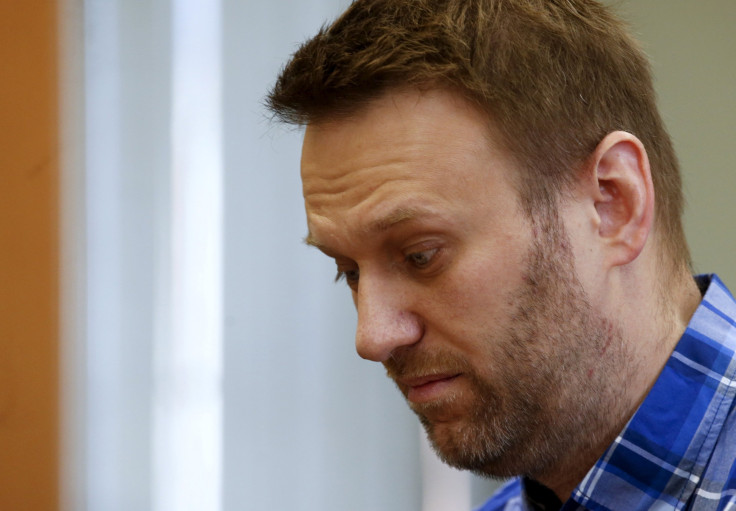Russia Shows Major Declines In Freedoms Since 1995, Says Freedom House Report

The Russian Federation continued its 20-year decline in freedoms in 2014, according to Freedom House’s “Freedom in the World” index released on Tuesday. Since 1995, the largest post-Soviet state has steadily declined from 3.5 to 6 on Freedom House’s seven-point index, with 1 being the most free and 7 the least free.
The Washington, D.C.- and New York-based watchdog organization calculates the seven-point score from a more comprehensive 100-point study of the country, based on information provided by local watchdogs, human rights organizations and news reports. Three criteria are considered: legal environment, political environment and economic environment. Freedoms have consistently declined worldwide since 2004 and only 14 percent of the world’s people live in a country it considers to have a free press, according to the index.
Other post-Soviet states, with the exception of the Baltic states -- Estonia, Lithuania and Latvia -- continue to be ranked low on the index. Turkmenistan, Uzbekistan and Belarus were considered part of the “Worst of the Worst,” scoring 93 or lower in Freedom House’s 100-point system. The Baltic states have consistently scored well in the index over the last 20 years.
In the Worst of the Worst, “independent media are either nonexistent or barely able to operate, the press acts as a mouthpiece for the regime, citizens’ access to unbiased information is severely limited, and dissent is crushed through imprisonment, torture and other forms of repression,” the report read.
Propaganda was “among the most troubling trends identified in 2014,” according to Freedom House, and “this phenomenon was especially pronounced in Russia, where state-controlled national television stations broadcast nonstop campaigns of demonization directed at the internal opposition, neighboring countries whose policies have displeased Moscow, and the broader democratic world.”
Russian authorities continue to consolidate control over the media and have pushed pro-Kremlin policies at major online and broadcast outlets like LifeNews and Rossiya, according to the report. Television continues to be the dominant means by which Russians get their news. The Russian state has partial but direct ownership of all but one national TV station, which is owned by the state-controlled energies firm Gazprom, according to the European Journalism Centre.
Libya, Thailand, South Sudan, Egypt and Greece saw the sharpest declines in freedoms from 2013 to 2014. North Korea was ranked last with a 97/100 score. The top of the Freedom House index was dominated by Northern European states: Norway, Sweden, Belgium, Finland and the Netherlands were the top five freest states in order, with scores below 11 points each.
The United States was ranked 34 in the world, with a score of 22, down one point from 2013. Freedom House cited as negative factors the Obama administration’s “relatively rigid controls on the information coming out of the White House and government agencies” and the documented harsh treatment by police of journalists covering hot button issues like the death of Michael Brown in Ferguson, Missouri, last summer.
A table of countries' scores is available here.
© Copyright IBTimes 2024. All rights reserved.












